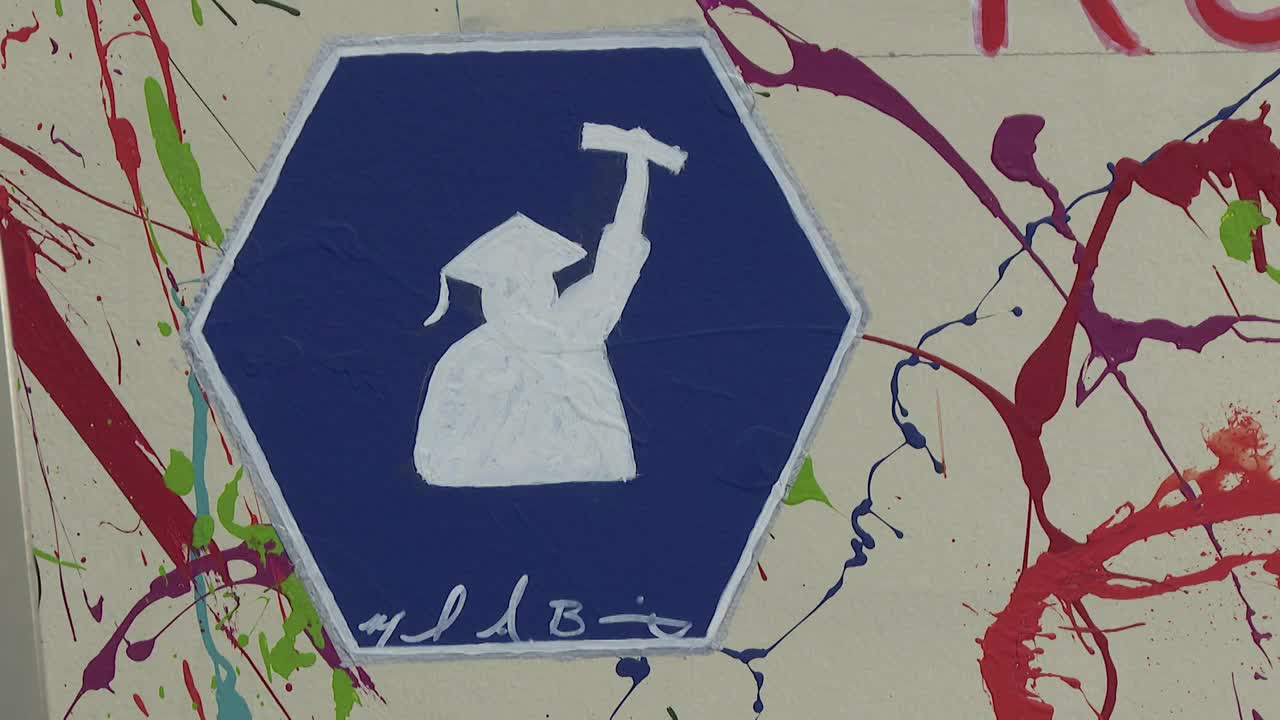Some inmates at the California Men’s Colony are working toward becoming drug and alcohol counselors.
The Occupational Mentor Certification Program allows them to work at other adult institutions upon their release.
“It’s life-changing and it is transformative and I don’t mean to use those words loosely,” said Pierce Sherman, Occupational Mentor Certification Program Intern. “It has a profound effect on anybody that’s been through this program.”
Sherman has been in the prison system for the last 20 years after being convicted of attempted murder.
He says that among the other programs he has joined over time, he found his calling.
“We go through treatment ourselves and we're being treated for the things that will in turn treat other men, so this process of opening myself up to some of the things that had happened in my life, some of the things that I had been more involved in, criminal activity, gang culture,” Sherman said. “...and you ask yourself, okay, what am I doing and how am I affecting other people, other human beings? It gives you a different look on it, so that's what makes it so different from any other program.”
The Occupational Mentor Certification Program is a masters-level education that takes 15 months to complete.
Raquel Trujillo, the assistant program manager for the program, says they look for those who can lead by example in their recruitment process.
“Whether it was being validated for a gang, or whether it was being involved in a lot of violence — those are the individuals that we target for now that, you know, in the programming realm, because now they have something to offer to the individuals once they become a counselor,” Trujillo added.
Hector Ortiz, a trainee in the program, transferred to the California Men’s Colony from Kern Valley State Prison to receive the training needed to become a counselor.
He is currently serving a life sentence with the possibility of parole for murder
Ortiz says the program has helped him look within.
“And that's the beautiful part. That's the part where I can smile a little bit because I had to go down deep. I had to, in a sense, you know, break myself down in a sense to be able to build myself up,” he said. “I'm a human being, I'm an emotional person, and that I love people and that I'm always going to be able to help me to relate to others who come from the same background that I come from.”
For more information on the Occupational Mentor Certification Program, click here.





